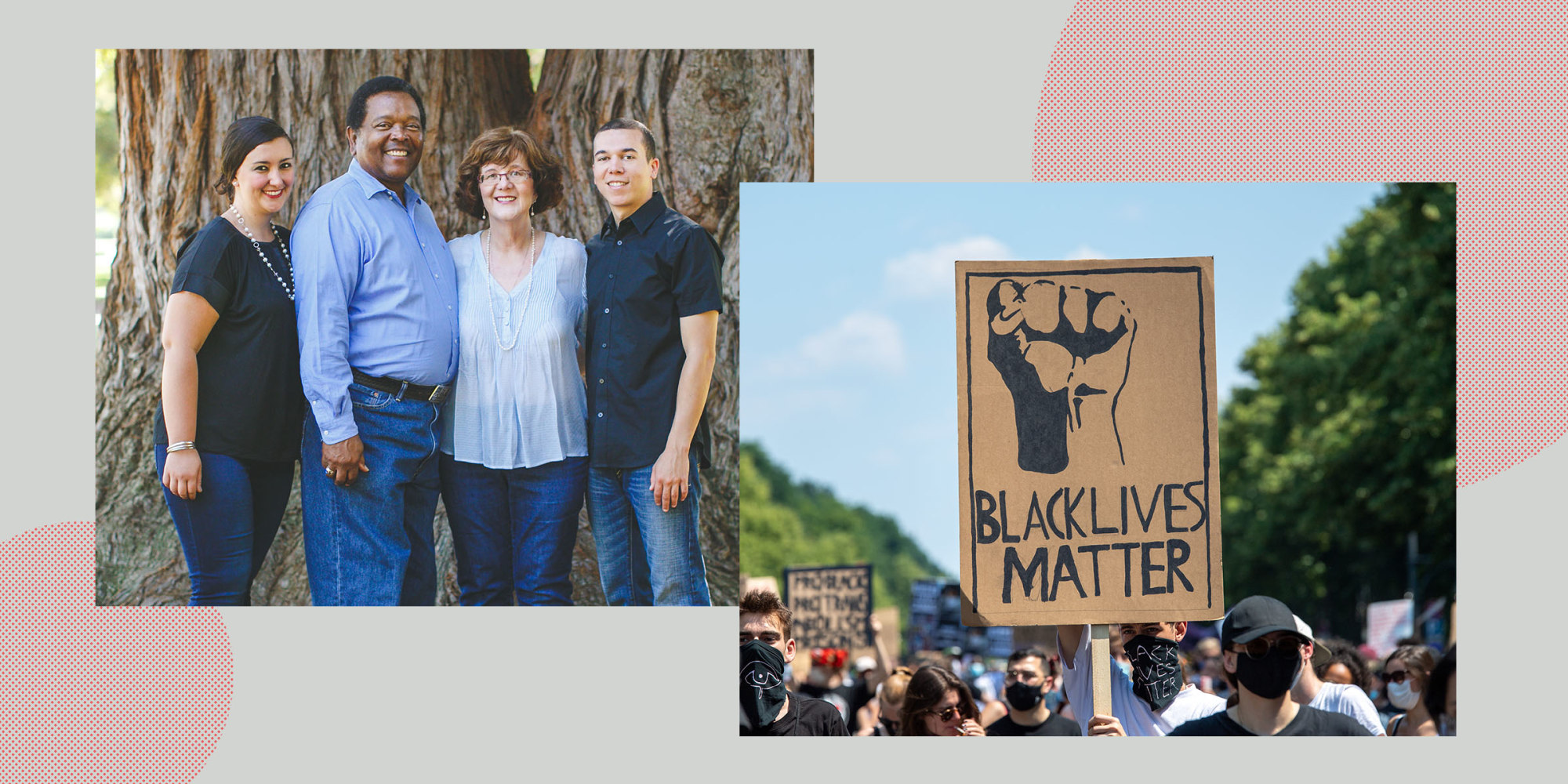Soledad O’Brien: A MeToo Moment for Journalists of ColorPosted in Articles, Communications/Media Studies, Media Archive, United States on 2020-07-05 20:14Z by Steven |
Soledad O’Brien: A MeToo Moment for Journalists of Color
The New York Times
2020-07-04

Soledad O’Brien Roy Rochlin/Getty Images
We’re finally feeling empowered to speak openly about racism in the newsroom.
Every journalist of color has a story.
My first job as an on-air reporter was at KRON in San Francisco from 1993 to 1996. I saw my new colleagues having a lively conversation and wanted to jump in. I discovered that they were talking about the “affirmative-action hire,” who turned out to be me. That’s how they saw me — it didn’t matter that I’d been a researcher and producer at NBC News or that I had gone to Harvard.
At that same job, the managers half-joked that they had taken their lives into their own hands when their morning commute was rerouted through Oakland. I was the bureau chief for the East Bay, which includes Oakland, and they would be signing off on my reports hours later.
So, as other journalists of color in these recent weeks have spoken up about their lack of representation and influence in newsrooms, and how that warps coverage, I know exactly what they’re talking about: how treatment leads to unfair coverage. What’s most disturbing, though, is how much their stories, in 2020, sound like mine from several decades ago…
Read the entire article here.







